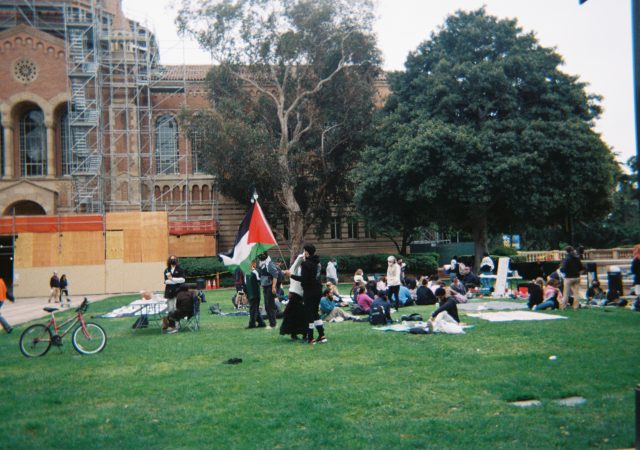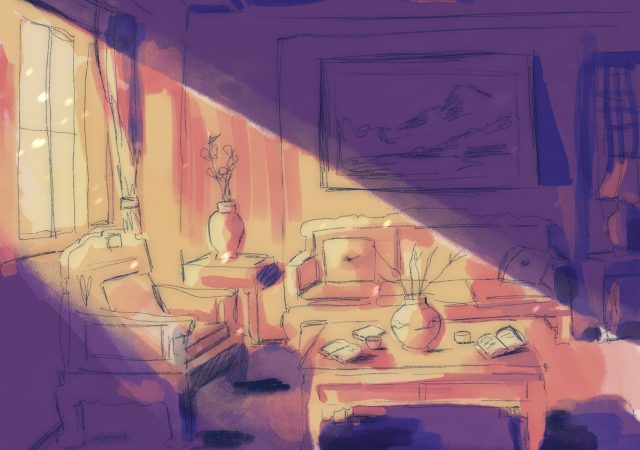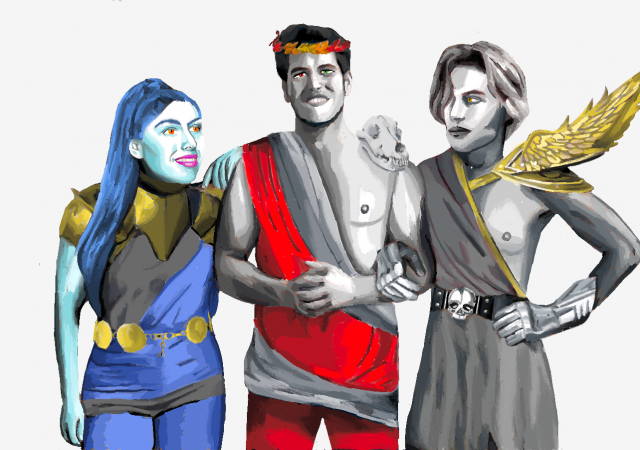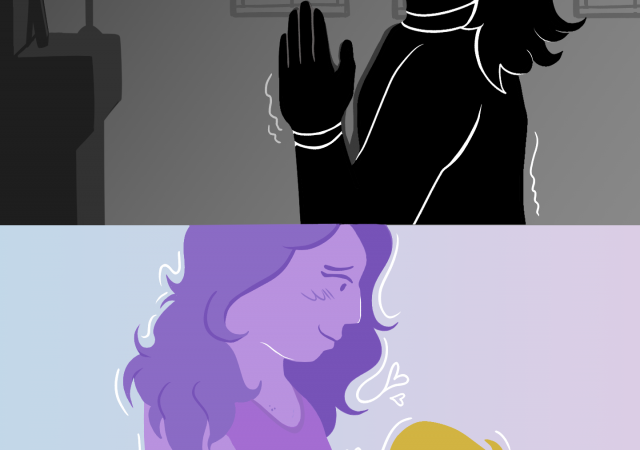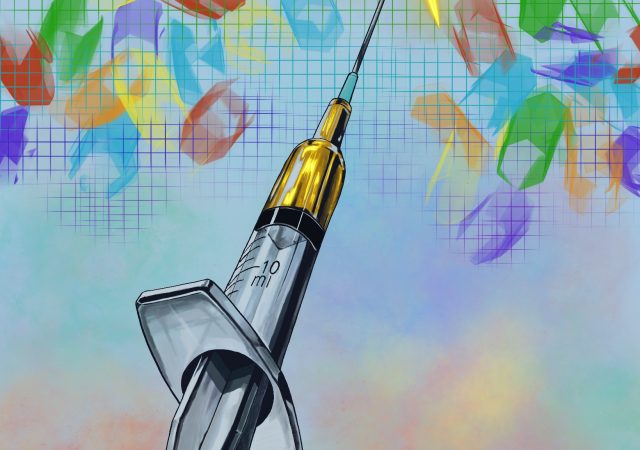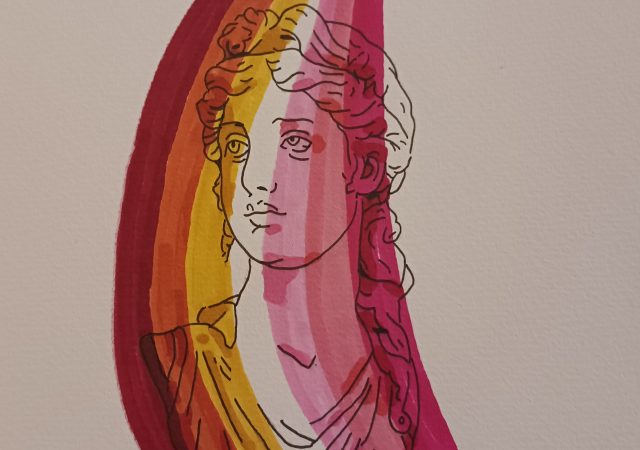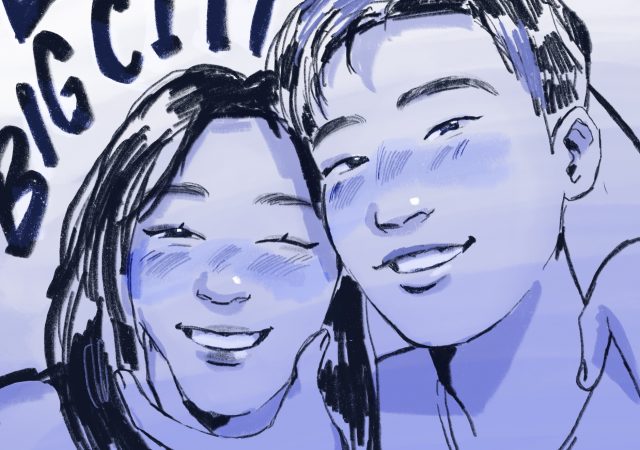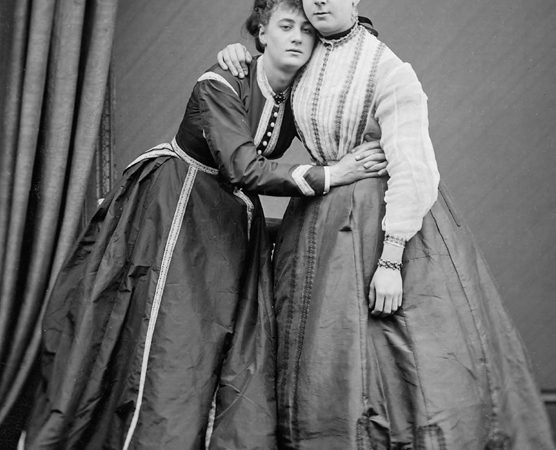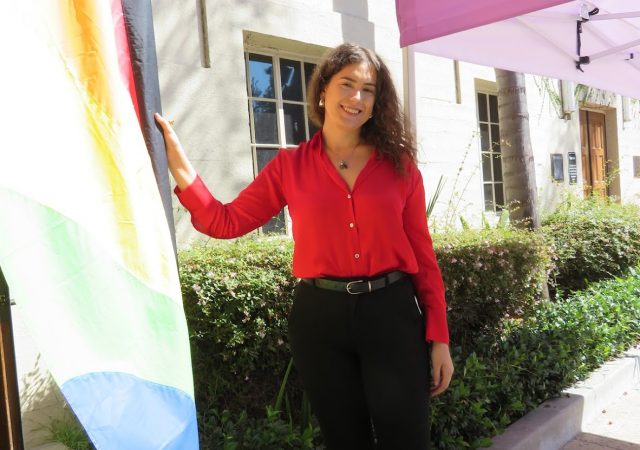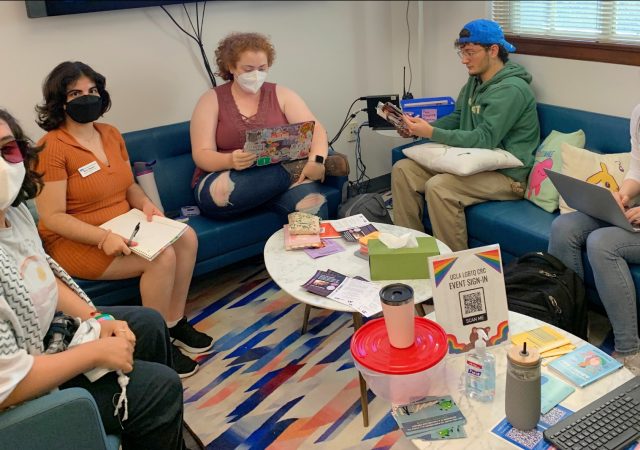The act of protest is one of risk. The university’s justification for sweeping the encampment on the basis of being disruptive overlooks the fact that the disruption was intentional. On May 2 — the night that police forcibly destroyed the encampment — 210 arrested individuals were given a chance to walk away, but didn’t. They chose to remain because this act of resistance is the greatest power they have as students and civilians to affect this cause.
Happy Pride! Our Commitment to Palestine
Stonewall serves as a reminder of the power of the masses to disrupt an oppressive status quo.
Toloposungo: All Police Are a Gonorrhea
Daniela Maldonado Salamanca, a transgender Colombian sex worker activist and punk singer, spoke about queer resistance at the People’s University for a Liberated Palestine on May 20. Hosted by the UCLA chapter of Students for Justice in Palestine (SJP), the People’s University offers a space “to foster our own learning and mutual support.” SJP established the People’s University following UCLA’s failure to protect and care for its people.
The Destruction of Queer Public Spaces Has Forced Us Online
This January closed with police raids on Seattle gay bars. In a scene reminiscent of 20th-century police raids of queer bars, officials with flashlights entered a bar unannounced, took pictures of patrons, and cited a bartender for having an exposed nipple. It’s no secret that queer bars have been heavily policed throughout American history, or that nowadays, lesbian bars are practically nonexistent in the U.S. Queer spaces still exist, but we have lost the thriving queer sex culture of the 1980s largely because of the American political response to the AIDS crisis.
Rainbow-washing Genocide
Every June, corporations unabashedly participate in rainbow capitalism by putting out rainbow logos and pride product lines without taking any meaningful action to support LGBTQ+ causes. We have grown quick to call out such corporations for their performativity, so why don’t we call out other forms of rainbow-washed oppression — especially when it comes to justifying the mass murder of an entire populace?
Why Pride This Year?
Picture this: it’s June 28, 1970, nearly a year after the monumental Stonewall riots, and you’re attending the first Pride Parade in New York City. Except it’s not a parade, and it’s not entirely about Pride: it’s the Christopher Street Liberation Day March. Here, we recognize the familiar names of Marsha P. Johnson, Sylvia Rivera, Miss Major Griffin-Gracy, and the lesser known names of the march’s organizers Craig Rodwell, Fred Sargeant, Ellen Broidy, Linda Rhodes, Brenda Howard and many more. Unlike today’s Pride Parade, this march in New York was dedicated to Gay Liberation in the forms of political speeches, demonstrations, and gay visibility.

